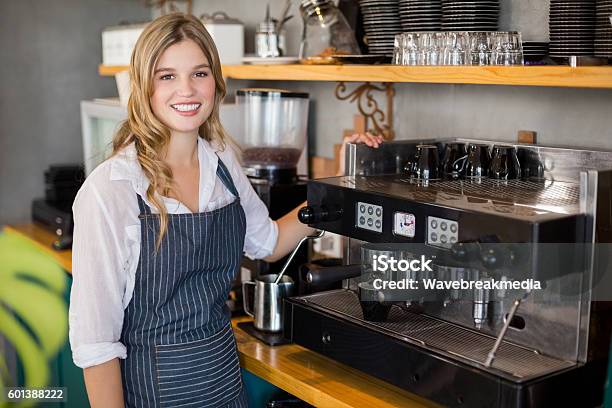The food and beverage industry is among the biggest and most significant industries globally. This industry contributes significantly to our lives since every individual requires food and beverages for survival. This industry not only supplies meals but also offers millions of job opportunities, sustains farmers, and boosts the economy of many nations. From cultivation and production to restaurants and packaging, the food and beverage industry encompasses a variety of activities.

What Is the Food and Beverage Industry?
The food and beverage sector comprises all the enterprises that produce, process, prepare, package, and serve food and beverages. It begins in agriculture, where livestock and crops are grown, and runs through restaurants, hotels, supermarkets, and even internet delivery services. It sees to it that people all over have safe, palatable, and nutritious food available.
Main Sectors of the Food and Beverage Industry
- Food Production
Food production starts with agriculture and farming. Farmers produce crops like rice, wheat, and vegetables, and raise animals such as cows, poultry, and fish. These raw materials are then transported to factories to be processed.
- Food Processing

This phase is concerned with converting raw materials into consumable goods. Wheat, for instance, is converted to flour, milk is converted into cheese or butter, and fruits are packaged into juices. Advanced technology guarantees protection, longer lifespan, and improved quality.
3. Packaging
Packaging is crucial in maintaining food safety and freshness. Corporations create beautiful and durable packaging that does not allow contamination and facilitates easy transportation.
- Distribution
After food is packaged, it is shipped to supermarkets, restaurants, cafes, and other places. Online delivery apps have become a convenient option to deliver food and drinks due to the growth of e-commerce.
5. Food Service
This industry encompasses hotels, restaurants, cafes, bakeries, and catering companies. Here, consumers directly relish meals and beverages prepared by chefs and service personnel.
Types of Jobs in the Food and Beverage Industry
The sector provides employment for individuals of varying abilities and passions. Some of the examples are:
Chefs and Cooks: Cook food in restaurants and hotels.
Food Technologists: Maintain food safety and quality of processed food.
Quality Inspectors: Inspect food standards at factories.
Marketing Specialists: Market food products and brands.
Waiters and Baristas: Serve food and beverages to customers.
Food Delivery Staff: Deliver meals to the doorstep of customers.
Importance of the Food and Beverage Industry
- Basic Need: Food and beverages are essential for survival.
- Economic Growth: The sector offers millions of employment opportunities all over the world.
- Cultural Exchange: Food exposes people to other cultures and traditions.
- Innovation: New recipes, tastes, and nutrition-based products keep the sector vibrant.
- Tourism Support: Food plays an important role in the travel and tourism industry.

Challenges in the Food and Beverage Industry
- Safety in Foods: Products are to be safe and free of contamination by companies.
- Waste management: Excessive food is wasted annually, and this becomes an economic and environmental concern.
- Increasing Consumer Demands: Individuals seek healthier, organic, and sustainable foods these days.
- Intense Competition: Most businesses compete within the same industry, so innovation becomes vital.
- Increasing Costs: Raw materials and energy costs influence prices and profits.
Future Food and Beverage Trends
- Wellness and Health: Increasing demand for organic, low-sugar, and plant-based foods.
- Technology: Artificial intelligence, robotics, and online apps for manufacturing and delivery.
- Sustainability: Green packaging and less food waste are on the agenda.
- Global Foods: Consumers are willing to experiment with international foods.
- Personalized Diets: Tailored meals according to specific health requirements are catching on.
Skills Required to Practice in This Field
Food safety and hygiene knowledge.
Creativity in food preparation and product innovation.
Customer service and communication.
Awareness of business and marketing.
Flexibility to suit the changing taste of consumers.
Careers in food and beverage
Food and beverage jobs
Food industry trends
Beverage industry careers
Hospitality and F&B careers
Food sector employment opportunities
